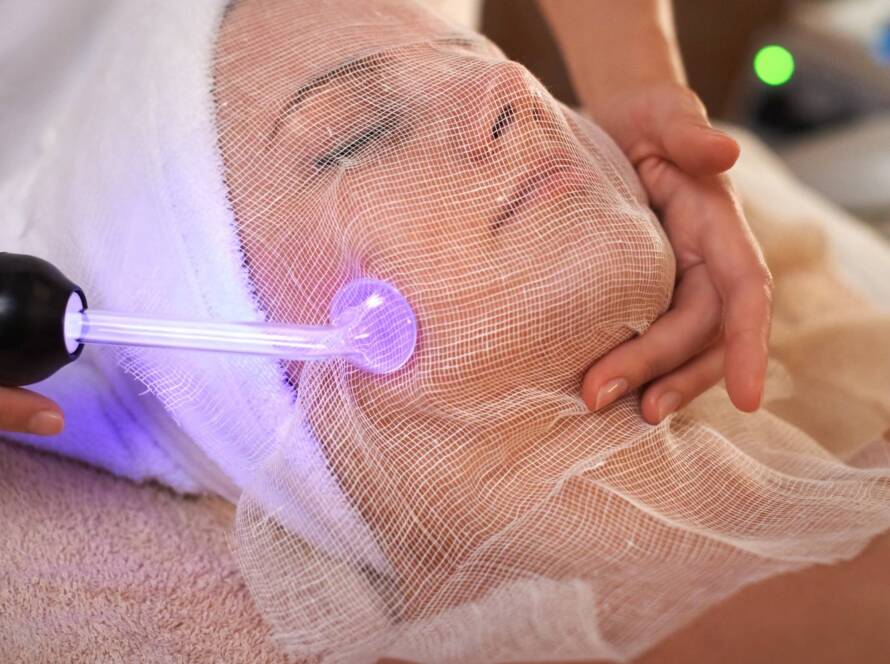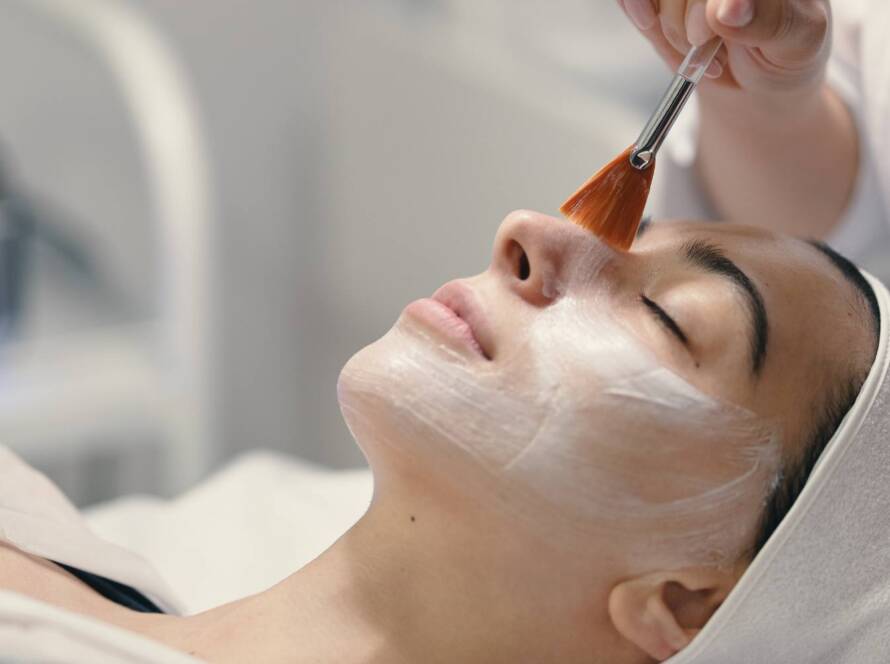Table of Contents
You’ve probably tried various skincare products and routines in your search for relief from acne. From pharmaceutical creams to homemade face masks, the options can feel endless. But have you ever wondered, “Does saltwater help with acne?” This question might have crossed your mind whether you’ve heard about beachgoers claiming clearer skin after a dip in the ocean or you’ve come across different do-it-yourself salt-based remedies. By understanding how saltwater interacts with your skin, you can decide if it’s a worthwhile addition to your skincare routine.
Understanding Acne and Your Skin
Before diving into the specifics of saltwater, it’s important to know why acne appears in the first place. Acne is primarily caused by excess oil (sebum) production, clogged pores, bacteria, and inflammation. Your skin naturally sheds dead cells, but when those cells mix with excess oil, they can get stuck in the pores and trap bacteria, setting off an inflammatory response. You may notice whiteheads, blackheads, or painful pustules that seem to linger no matter what you try. To tackle this effectively, you need a strategy that addresses bacteria, oil production, and inflammation all at once.
Saltwater’s Natural Properties and Potential Benefits
You might recall days at the beach where your skin felt cleaner and smoother after swimming. Saltwater, whether from the ocean or a controlled salt solution, carries several properties that have caught people’s attention for treating skin concerns:
- Exfoliating Effect
Salt can act as a mild exfoliant. When you use saltwater on your skin, you might notice that it helps buff away dead cells on the surface. Regularly removing these dead cells supports healthier skin turnover and prevents clogged pores. Exfoliation also encourages your skin to look brighter, which can be a bonus if acne has left it looking dull or congested. - Mild Antibacterial Properties
One reason you might ask, “Does saltwater help with acne?” is because of salt’s potential to combat certain microorganisms on the skin’s surface. Acne often involves bacteria known as Cutibacterium acnes (C. acnes). While saltwater won’t eradicate all bacteria, it may reduce some that linger on your skin’s surface, providing a cleaner environment that can aid your usual skincare efforts. - Oil Control
For acne-prone skin, controlling excess oil production is essential. Saltwater, when used in moderation, can help draw out some of the excess oil. If your pores are brimming with oil, salt’s inherent drying effect may help regulate that greasy shine. However, you want to avoid over-drying your face, so gentle and balanced use is key.
Inflammation Reduction
If you’ve ever noticed that open wounds or irritated skin can benefit from a quick saline soak, it’s because salt solutions can reduce mild inflammation. This effect can extend to skin that’s plagued with inflamed or red acne lesions. While it may not be a miracle cure, a soothing saltwater rinse or soak might decrease redness and swelling for some people, providing a calmer complexion over time.
Creating a Safe Saltwater Routine
Even with these potential benefits, it’s essential to use saltwater treatments safely. Because you’re dealing with a drying agent, the wrong approach can lead to over-exfoliation or irritation.
- Choose the Right Salt
You’ll want to opt for a quality salt, such as sea salt or Himalayan pink salt, as these are typically less processed than table salt. Table salt often has additives that might be harsh on skin. Keep in mind that certain sea salts also contain additional minerals that can be beneficial to your skin’s overall health. - Dilute Properly
If you’re making your own saltwater solution, you only need a small amount of salt in a bowl of warm water. Aim for a ratio of about one teaspoon of salt per cup of warm water. This level is mild enough not to assault your skin while still containing enough salt to have a possible effect on acne. - Apply Gently
Never scrub your face aggressively with anything salt-based. You want to dab or lightly wash your face with the diluted saltwater solution, then gently rinse with lukewarm water. For a more targeted approach, you could even use a cotton pad soaked in the solution and dab it on areas prone to breakouts. - Moisturize Afterward
Because salt can be drying, follow up with a gentle, non-comedogenic moisturizer. This step is crucial to keep your skin from overproducing oil in reaction to dryness. You don’t want to strip your face only to have your pores churn out more oil later.
Listen to Your Skin
Skin reactions vary from person to person. Watch how your face responds. If you notice persistent redness, itching, or flaking, it’s time to cut back on the frequency or concentration of your saltwater use. Some people can handle daily application, while others might prefer once or twice a week.
Comparing Saltwater to Other Remedies
Now that you see how saltwater may help you manage your acne, how does it stack up against more conventional acne treatments?
- Over-the-Counter Products: Many people rely on products containing benzoyl peroxide, salicylic acid, or retinoids. These ingredients have been clinically proven to reduce acne symptoms by targeting bacteria, exfoliating dead skin, or regulating oil production. Saltwater can complement some of these products but might not replace them entirely—especially for those with chronic or severe acne.
- Prescription Medications: If your acne is severe, you might be using antibiotics, prescription-strength topical creams, or even isotretinoin under medical supervision. In such cases, you should talk to your healthcare provider before making any significant changes to your routine. Saltwater, while gentle in many cases, can still alter skin pH and dryness levels, potentially interfering with prescription routines if used incorrectly.
Holistic and Natural Remedies: Other natural solutions like tea tree oil, honey masks, or aloe vera have their own set of supporters for managing acne. Like saltwater, these substances rely on mild antibacterial or anti-inflammatory properties. You may benefit from experimenting with one or two natural approaches at a time, ensuring you don’t overwhelm your skin with too many new elements at once.
Possible Downsides and Cautions
Although saltwater can be beneficial, it’s not a perfect fit for everyone. As you answer the question “Does saltwater help with acne?” for yourself, consider these possible downsides:
- Skin Irritation: If you already have a dry skin type, saltwater might exacerbate flakiness or tightness. In some cases, it can cause stinging if you have open or painful lesions.
- Risk of Over-Drying: The same drying effect that helps reduce oil can easily tip into over-drying your skin. This can lead to a compromised skin barrier, resulting in more frequent breakouts or heightened sensitivity.
- Not a Standalone Cure: Relying entirely on saltwater might leave you disappointed if you have moderate to severe acne. It’s generally more of a supplementary option than a cure-all. You’ll often need a well-rounded skincare plan that could include topical treatments, a balanced diet, stress management, and other supportive measures.
Differences in Water Sources: Some people talk about the benefits of ocean water specifically, thanks to minerals that may or may not be present in a homemade salt solution. Ocean water quality can vary depending on pollution levels and natural differences in salt concentration. If you’re visiting the ocean, be mindful that while it can be refreshing, not all saltwater environments are equally beneficial for sensitive skin.
Enhancing Results with a Comprehensive Skincare Plan
One of the biggest keys to success is integrating saltwater into a broader, balanced skincare regimen. You can enhance potential benefits by:
- Cleansing Properly: Use a mild cleanser before you apply saltwater. This removes surface oils and lets the salt solution be more effective.
- Targeted Treatments: If you use active ingredients like salicylic acid or benzoyl peroxide, you can rotate these with your saltwater routine so you’re not bombarding your skin all at once.
- Consistent Hydration: Always follow up with a good moisturizer to lock in hydration. If your skin’s moisture barrier remains intact, you’ll be less likely to encounter the rebound effect of excessive oil production.
- Mindful Lifestyle Choices: Sometimes, acne is influenced by sleep, stress, diet, and even environmental factors. Keep an eye on how your general lifestyle might impact your skin and make adjustments where you can.
Seeking Professional Advice: If you’re dealing with a stubborn case of acne that doesn’t improve with basic measures, consider consulting a dermatologist. They can offer personalized advice, prescription options, and professional treatments.
Your Clear-Skinned Conclusion
You may now feel more informed to answer the big question: “Does saltwater help with acne?” For many, saltwater can offer mild exfoliation, potential antibacterial effects, and help with oil control. Used correctly and in moderation, it can complement an existing skincare routine and possibly give your skin a gentle boost toward clarity. But it’s equally important to recognize its limits. You’re unique, and your skin’s reaction may differ from what works for someone else.
When you’re eager to add anything new to your skincare routine, especially something with drying capabilities, proceed slowly. Pay attention to how your skin responds over days and weeks, then fine-tune your approach. Saltwater is no cure-all, but with mindful use, it could become a supportive ally in your ongoing journey toward calmer, clearer skin.




